Keywords: Betrayal Of Trust
There are more than 24 results, only the first 24 are displayed here.
Become a subscriber for more search results.
-
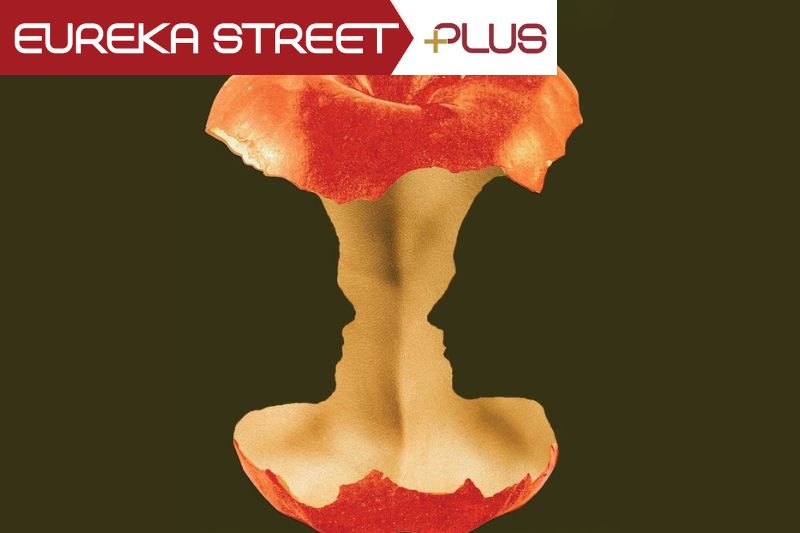
ARTS AND CULTURE
- Peter Craven
- 07 March 2025
David Szalay’s Flesh unfolds with quiet, mesmeric intensity, charting a life shaped by desire, disappointment and disaster. As the ordinary shades into the catastrophic, Szalay’s controlled, unshowy prose builds a world of betrayals, longings and subtle devastations, proving, once again, that no one writes the ache of being alive quite like him.
READ MORE 
-
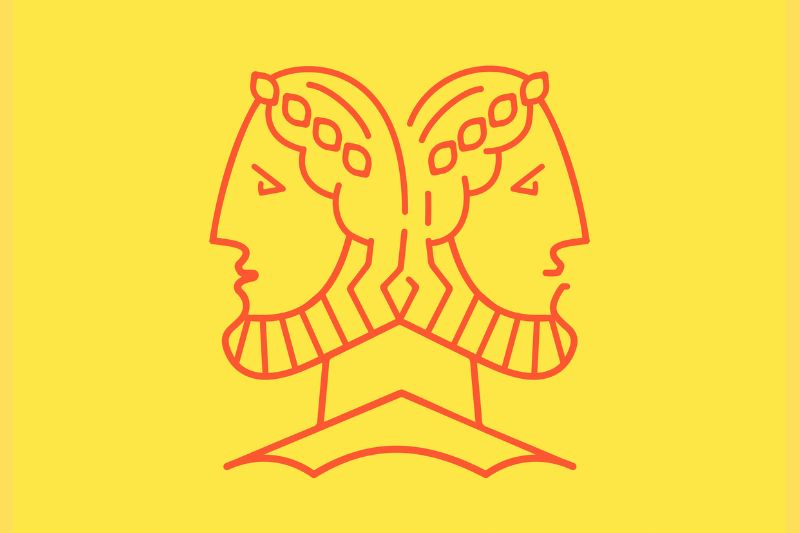
ARTS AND CULTURE
- Barry Gittins
- 29 January 2025
As the news cycle fills with exposés of hypocrisy, from politicians to celebrities, we are confronted with uncomfortable questions: When should we hold others to account, and when should we accept the contradictions in ourselves and others? The answers, it seems, lie somewhere between judgment and grace.
READ MORE
-
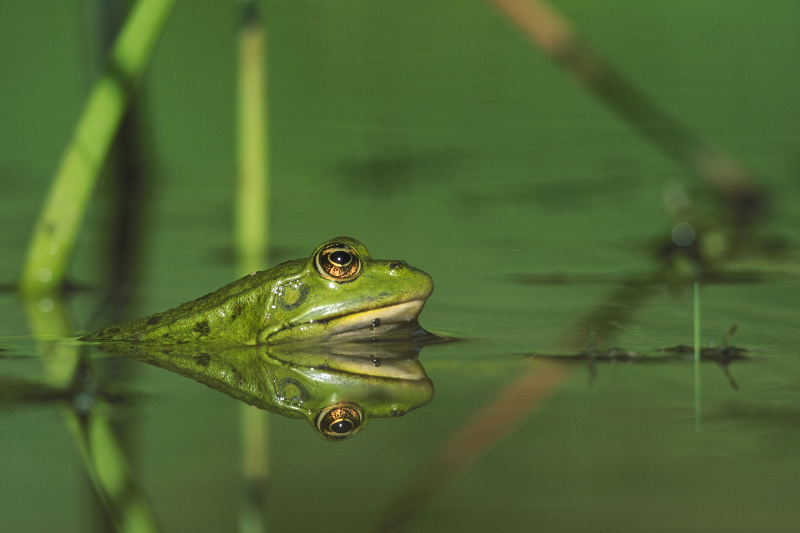
AUSTRALIA
- Barry Gittins
- 21 March 2022
6 Comments
Like the trusting frog, voters have in the backs of their minds the inkling that when a government achieves power, they lavish time, energy and resources on staying in power. Promises are non-core, or open to interpretation, or de-prioritised as new issues bob up to the surface.
READ MORE 
-

ARTS AND CULTURE
- Gillian Bouras
- 19 August 2021
10 Comments
My son’s Athenian flat was burgled last month. I had been visiting Athens for the first time in more than a year, and so was with the family when they arrived back, after a fairly brief evening absence, to sheer chaos. Anybody who has had this experience will be able to picture the scene: every drawer and cupboard had been opened, with the contents spilled and strewn everywhere. Even the loft had been checked.
READ MORE 
-

AUSTRALIA
- Andrew Hamilton
- 25 March 2020
33 Comments
To think of life after COVID-19 is daunting. The changes that it has brought to our daily lives have been vertiginous. Our awareness of its potential harm is still limited. We are only beginning to catch sight of the grim beast that slouches towards us threatening death and devastation in coming months.
READ MORE 
-

MEDIA
- Jonathan Green
- 02 February 2018
13 Comments
Here we have a quick demonstration of a new political method. It's not designed to advance any particular policy position. The point is trolling: the simple art of using rhetoric and political acts to provoke a reaction. Suddenly a lot makes sense. Tony Abbott makes sense. Donald Trump makes sense. So much of social media makes sense.
READ MORE 
-
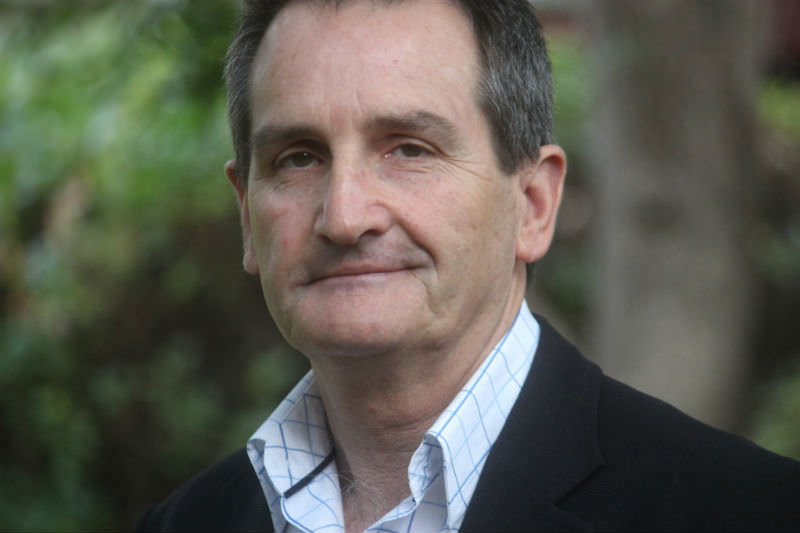
RELIGION
- Fatima Measham
- 24 January 2018
19 Comments
Fatima Measham speaks with Francis Sullivan, CEO of the Truth Justice and Healing Council, to reflect on the journey since the Royal Commission was first announced in November 2012 and to consider what are the next steps for the Church.
READ MORE 
-
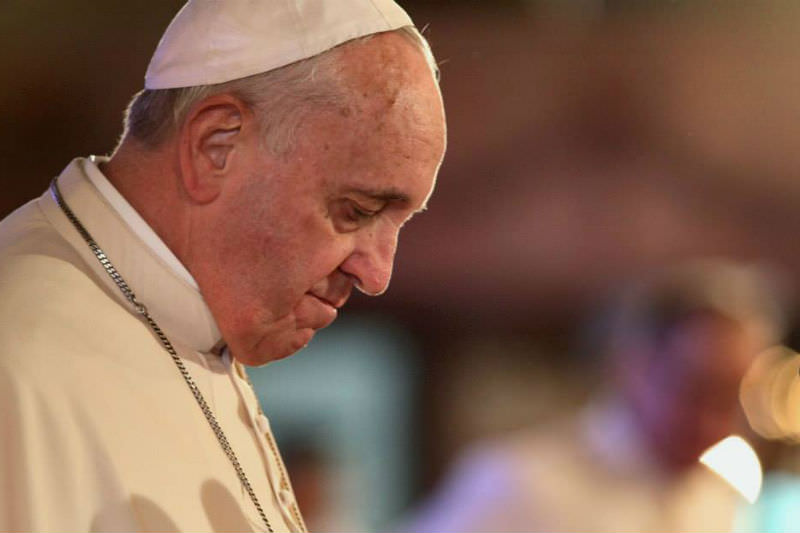
RELIGION
- Michael McVeigh
- 24 January 2018
37 Comments
It's a common refrain from survivors of clerical sexual abuse, often heard when church leaders try to explain away their failure to listen and respond to the crimes of their peers: 'They just don't get it.' Up until recently, Pope Francis has seemed to 'get it' in his response to the crisis of abuse. But recent events have raised doubts.
READ MORE 
-

RELIGION
- Julie Perrin
- 25 September 2017
23 Comments
Several years into my time as school chaplain, a journalist asked for my opinion in relation to the taboos long held by Christians regarding homosexuality. I knew my views would be regarded as a betrayal by some of the parents and I put a call through to the gentle-fierce man. I did not want to unravel the remarkable friendship we had built, but neither did I want to remain silent on this issue. When I explained the dilemma, he said something I have never forgotten.
READ MORE 
-
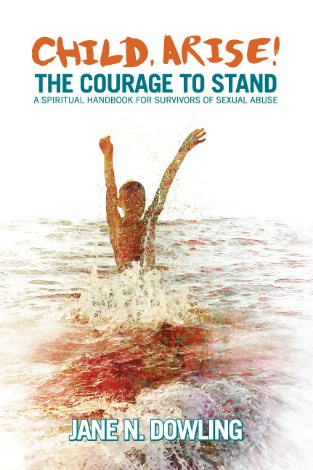
RELIGION
- Andrew Hamilton
- 01 September 2016
15 Comments
Dowling, who was a victim of clerical abuse, offers a program of reflections that bring together scriptural themes and the effects of sexual abuse. Most striking is the extraordinary labour required to purify the language of a tradition that has become polluted. This is vital not simply as a therapeutic exercise but as a condition for renewal and reconciliation. It may also be pertinent to wider society, where Brexit and the Trump phenomenon have been characterised by a coarsening of public language.
READ MORE 
-
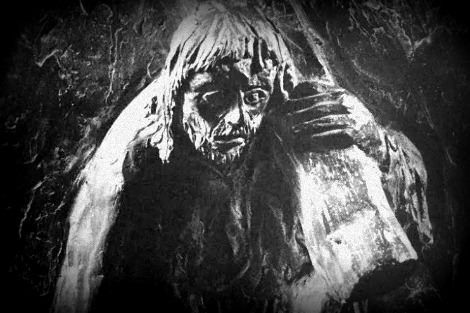
RELIGION
- Andrew Hamilton
- 24 March 2016
24 Comments
To many the challenge to endurance comes from a public world in which small gains are overtaken by huge losses. Why bother about people who seek protection from persecution or about our natural environment when the small initiatives we take are overrun by a flood tide of brutality and cynicism? What hope of building harmony in society when the Paris bombings are followed by those of Brussels? This challenge is universal, so the Christian celebration of Easter is of wider interest.
READ MORE 
-

AUSTRALIA
- Fatima Measham
- 18 September 2015
5 Comments
French satirical magazine Charlie Hebdo has stirred controversy over cartoons depicting Aylan Kurdi. Superficially it appears this is about the bounds of propriety, but the hard truth is that body of a three-year old refugee cannot be a holy relic that is untouchable. What is the point of being miserable over things we cannot control?
READ MORE 